-

Ross Sea “ACTUATE” Voyage - TAN2502
RV Tangaroa voyage to the Ross Sea, the ship’s 16th voyage to Antarctica and Southern Ocean. -
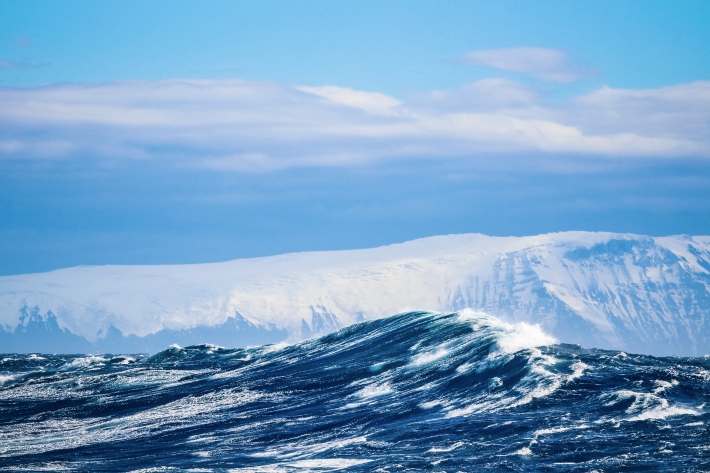
Antarctic voyage - TAN2302
VoyageIn 2023, RV Tangaroa undertook a 45-day voyage to the Southern Ocean and Ross Sea (TAN2301) between January 11 and February 24, 2023. -
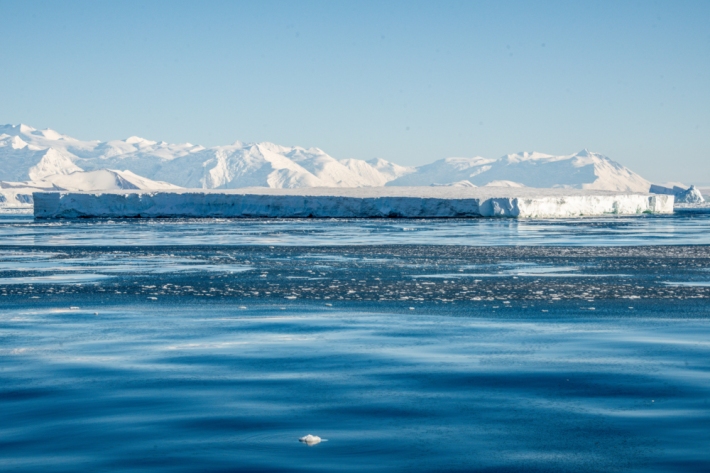
2021 - Antarctic Voyage
RV Tangaroa undertook a 45-day voyage to the Southern Ocean and Ross Sea in January-February, 2021. -
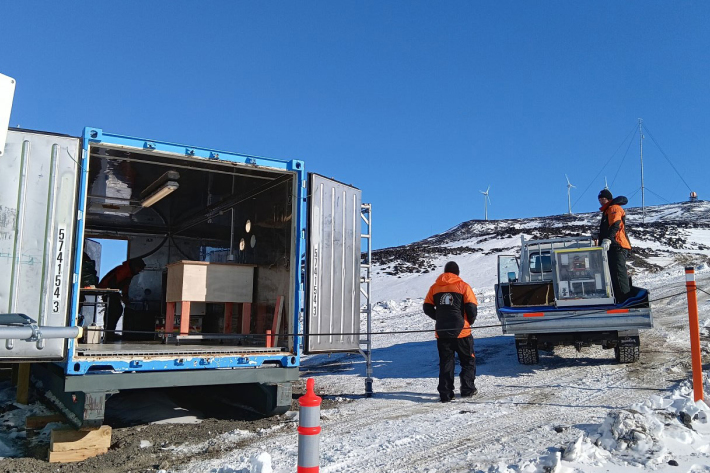
NZ and US studying “huge unknown” in Antarctic climate science
Media release10 December 2025Scientists are measuring a huge unknown in climate science: how much heat Antarctica emits into space. -
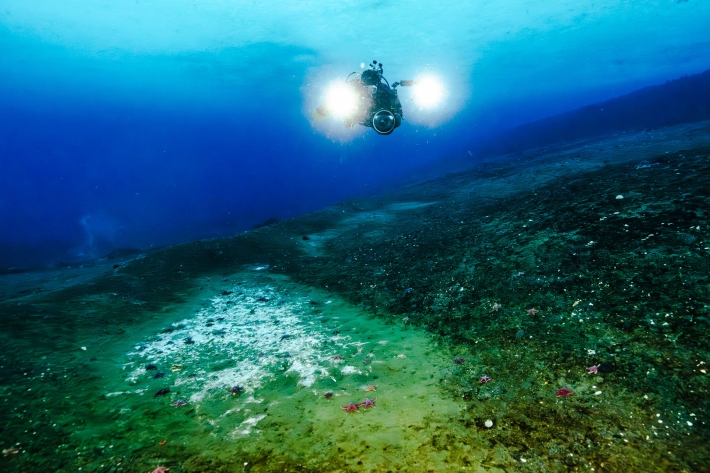
Antarctic methane discoveries skyrocket
Media release10 October 2025New methane seeps are being discovered at an astonishing rate in Antarctic waters. -

Declining sea-ice is altering Antarctic food webs
Media release11 September 2025A new study shows a significant change in Antarctic phytoplankton over time that could cascade through the marine food web and affect the ocean’s capacity as a carbon sink. -

Antarctic clean-up challenges
Media release28 May 2025No detectable human-induced environmental change to the pristine Lake Vanda following the decommission of the research station. -
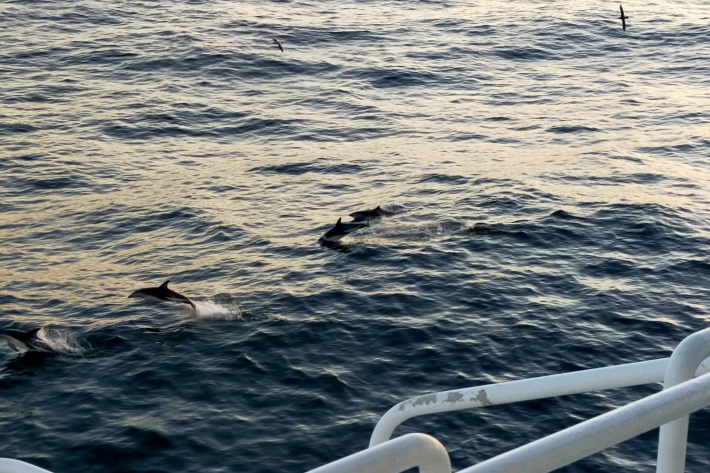
TAN2502 voyage update – 21 February 2025
VoyageThe final update from TAN2502 Ross Sea RV Tangaroa “ACTUATE” Voyage -

TAN2502 voyage update – 17 February 2025
The latest update from TAN2502 Ross Sea RV Tangaroa “ACTUATE” Voyage -

TAN2502 voyage update – 8 February 2025
VoyageThe latest update from TAN2502 Ross Sea RV Tangaroa “ACTUATE” Voyage -

TAN2502 voyage update – 4 February 2025
The latest update from TAN2502 Ross Sea RV Tangaroa “ACTUATE” Voyage -

TAN2502 voyage update – 31 January 2025
Media contentThe latest update from TAN2502 Ross Sea RV Tangaroa “ACTUATE” Voyage
